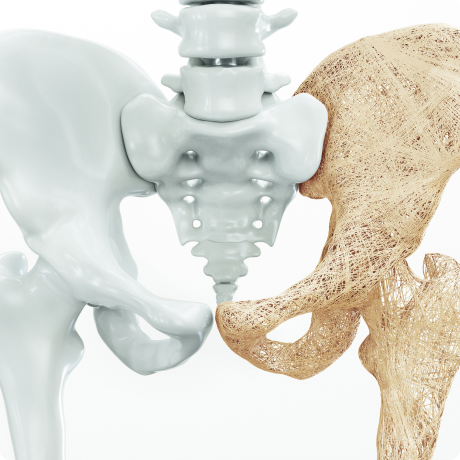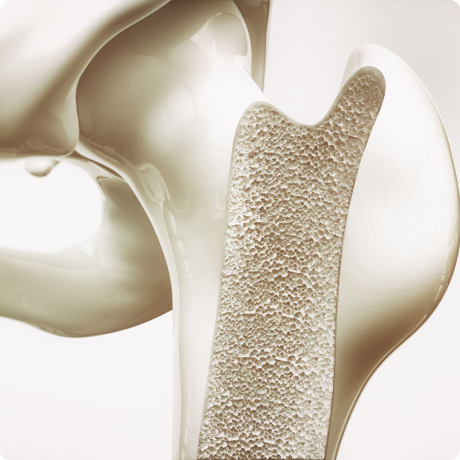Despite progress in understanding and treating osteoporosis, significant gaps remain in the management of this condition. The increasing number of osteoporosis-related fractures worldwide is a growing concern, partly due to the aging population. These fractures lead to considerable pain, disability, and even death, resulting in significant costs to society.

Educate the public and healthcare providers about osteoporosis and its consequences.
Implement broader and more accessible screening programs to identify at-risk individuals.
Make osteoporosis medications and lifestyle interventions more accessible to those diagnosed.
Advocate for policies that promote bone health, including dietary recommendations and physical activity guidelines.
Educate the public and healthcare providers about osteoporosis and its consequences.
Implement broader and more accessible screening programs to identify at-risk individuals.
Make osteoporosis medications and lifestyle interventions more accessible to those diagnosed.
Advocate for policies that promote bone health, including dietary recommendations and physical activity guidelines.
Educate the public and healthcare providers about osteoporosis and its consequences.
Implement broader and more accessible screening programs to identify at-risk individuals.
Make osteoporosis medications and lifestyle interventions more accessible to those diagnosed.
Advocate for policies that promote bone health, including dietary recommendations and physical activity guidelines.
Educate the public and healthcare providers about osteoporosis and its consequences.
Implement broader and more accessible screening programs to identify at-risk individuals.
Make osteoporosis medications and lifestyle interventions more accessible to those diagnosed.
Advocate for policies that promote bone health, including dietary recommendations and physical activity guidelines.
Educate the public and healthcare providers about osteoporosis and its consequences.
Implement broader and more accessible screening programs to identify at-risk individuals.
Make osteoporosis medications and lifestyle interventions more accessible to those diagnosed.
Advocate for policies that promote bone health, including dietary recommendations and physical activity guidelines.

Osteoporotic fractures are becoming increasingly common in many countries, driven by the aging demographic. These fractures are not only a health problem but also a social and economic burden, resulting in substantial healthcare costs, long-term care, and loss of productivity.
Fragility fractures, a hallmark of osteoporosis, cause significant pain, suffering and disability. They often lead to a reduced quality of life and, in severe cases, death. The psychological impact, including fear of falling and subsequent fractures, can also lead to reduced mobility and independence.
